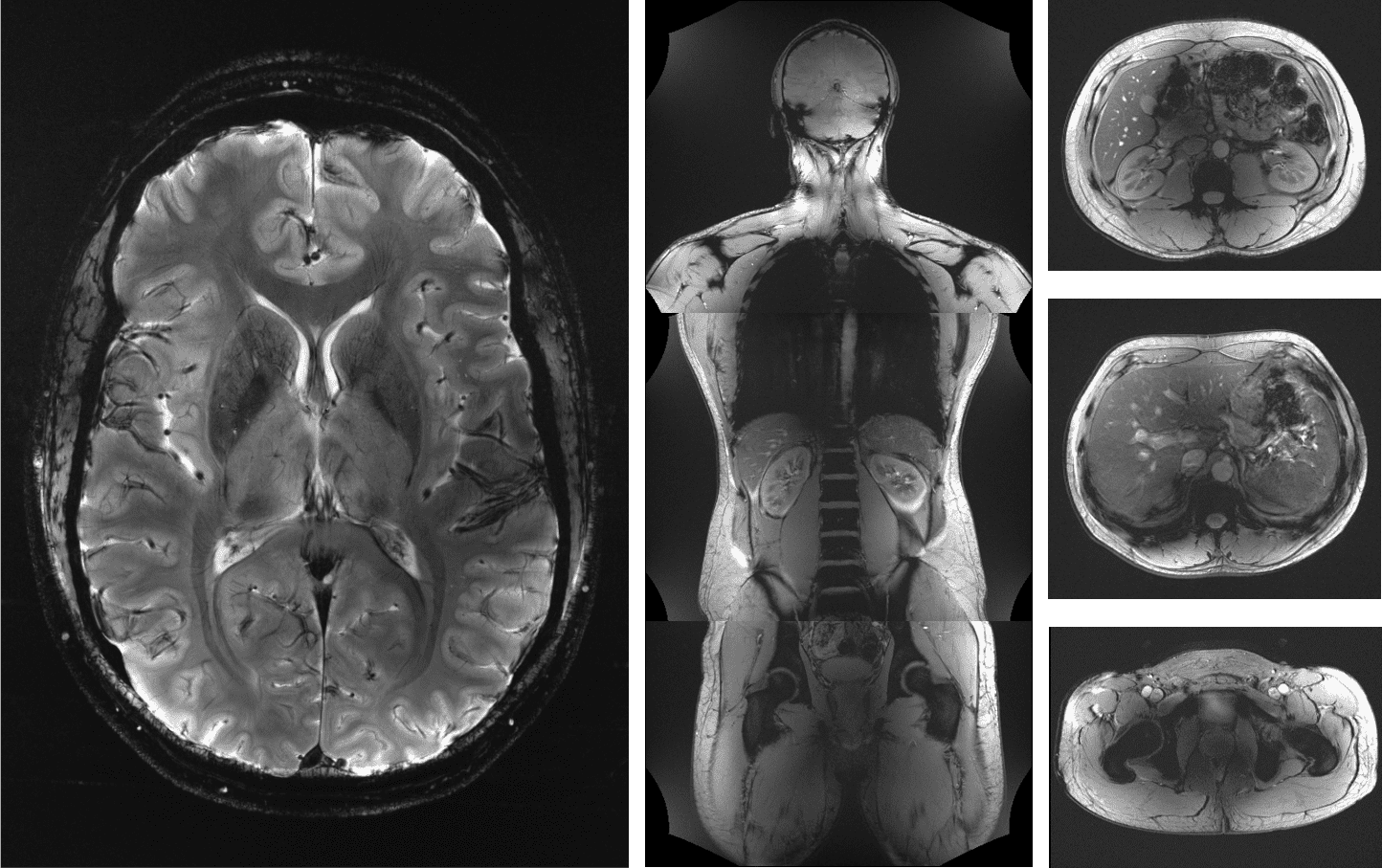The Institute
The Institute
The Erwin L. Hahn Institute is located in the former control center of the Zollverein coking plant, on the historic grounds of the industrial monument and UNESCO World Heritage Zollverein in the northeastern city of Essen. Since the time when research started here back in 2006, the historical character of the building and the modern research environment emerged to form a unique synthesis.
The institute was named after Erwin L. Hahn, an American physicist who is known for his many valuable contributions to the field of magnetic resonance imaging, in particular the detection of the spin echo, which is one of the basic methods of signal generation in magnetic resonance imaging.

The Scanner

Centerpiece of the Erwin L. Hahn Institute is a whole-body ultra-high field (UHF) MAGNETOM Terra 7-Tesla MRI System from Siemens Healthcare operating at a magnetic field strength of 7 Tesla. In order to achieve this high magnetic field strength, a superconducting magnet is cooled down by liquid helium to -269 °C. The 7-Tesla MRI system weighs 20 tons and the magnetic field is shielded by 420 tons of steel in the walls of the examination room.
Today, worldwide 1.5 and 3.0 Tesla MRI-systems are used for clinical imaging. In comparison to those systems, the 7 Tesla UHF MRI system provides a much higher sensitivity for structural and functional measurements in the human body. Thus, cross-sectional images with excellent image contrast and very high detail resolution can be produced.
A list of further technical equipment of the Erwin L. Hahn Institute can be found on the equipment page.
The Objective

Many physical and technical challenges have to be overcome before the UHF MRI can reach its full potential and can be used for clinical diagnostics. Only few research institutions worldwide devote to these challenges. A main objective of the Erwin L. Hahn Institute is the usage of its technical and methodological developments in order to apply the advantages of UHF MRI in MR Neuroimaging on the entire human body and to promote the dissemination and application of this technology. For this purpose, the Institute offers an excellent research infrastructure for the various research groups from the founding universities as well as for different academic and industrial cooperation partners.

The Research
The main research areas of the Institute are the development and application of new methods and techniques of UHF MRI for
- high-resolution structural, functional and spectroscopic MR Neuroimaging
- cognitive neuroimaging
- fMRI in decision-making and for human-robot interactions
- fMRI in pain research
- high resolution structural and functional MRI of the cerebellar nuclei
- high resolution 7 Tesla UHF MRI in the whole human body
- clinical evaluation of Neuro- and Body-MRI in comparison to 1.5- and 3.0-Tesla MRI
- high resolution imaging of tumors and metastases in cancer diagnostics
An Interdisciplinary Environment
Currently, nine research groups are located at the ELH. Research interests and expertise of these groups are spread over various research fields and application areas, thus enabling both complementary and synergistic collaboration. Due to the close interdisciplinary and international collaboration of the research groups, technical, methodological and medical questions of 7 Tesla MRI can be investigated comprehensively. This unique feature strengthens the position of the ELH as one of the leading centers for UHF MRI research and application worldwide.
The ELH is open for researchers from all around the world willing to do research at UHF MRI, but do not have access to a 7 Tesla MRI scanner.
